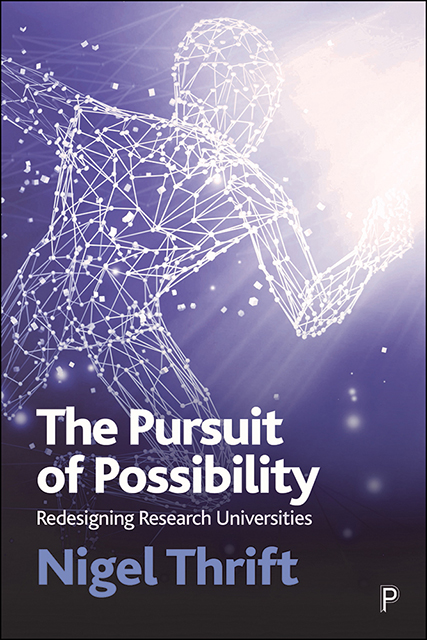2 - So What is a ‘University’? Part 1: Architecture and Academics
Published online by Cambridge University Press: 21 June 2023
Summary
Once upon a time, universities were corporations, like the corporation of a town. They were often vocational, charged with the professional training of administrators, lawyers, doctors, the clergy, and the like. But gradually these institutions coalesced around the idea that they had to represent an ‘idea’. They were given an all but sacred mission of valuing knowledge for its own sake a la Newman or Jaspers. They were deemed part of a state apparatus in the manner sometimes ascribed to von Humboldt. (In fact, he was much closer to a libertarian for whom universities would cultivate individuality and freedom of opinion on the grounds that ‘the preservation of unlimited freedom to think, to study, to pursue studies and conclusions needs no more defence’ (cited in Roberts, 2009, p. 7)). They were counted to be transmitters of a high culture. They were understood as moulders of good citizens and builders of character, a favourite of American universities. Carrying on in the American vein, they could be based around an idea of a ‘multiversity’ a la Kerr. More recently, they have been defined as though they are commercial actors, not exactly red in teeth and claw but certainly feeding on the juices of competition. And there are the contemporary attempts to revive the idea of universities as civic actors, there to rework the nineteenth-century tradition of the civic university.
But none of these definitions works any more, if indeed they ever did. Universities have become many things for many people and they cannot be thought of singly. As universities have both grown and diversified, functions that used to be regarded as add-ons have become central. Universities have become rather like houses on to which a series of extensions have been tacked, with the process of addition seemingly having no end in sight (A cynic might say that British universities are becoming a kind of safety net for problems which other actors cannot solve.) To say that universities are about one thing is patently false. Equally, because the process of extension has been variable, they differ considerably in what, how, and how much they do of what things.
- Type
- Chapter
- Information
- The Pursuit of PossibilityRedesigning Research Universities, pp. 23 - 71Publisher: Bristol University PressPrint publication year: 2022



